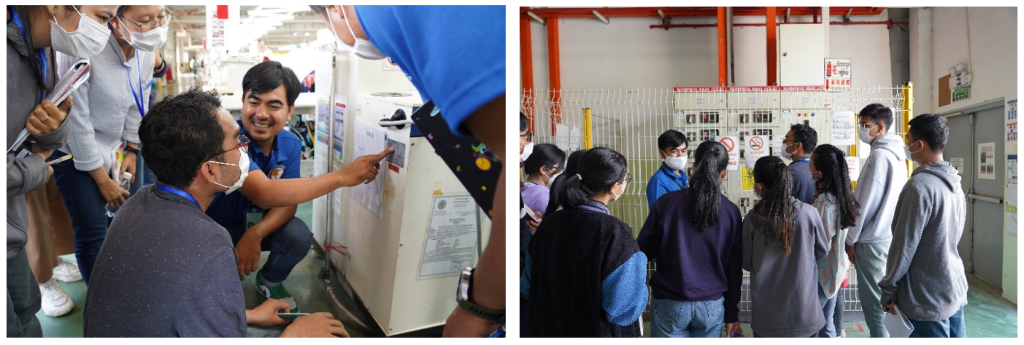USAID Launches Training Program to Promote Sustainable Garment Sourcing in Cambodia
Nathan Associates, Inc. is part of Cadmus. Original publication date: April 10, 2023.
The garment industry is a key pillar of the Cambodian economy. In 2019, before COVID-19, the industry employed 800,000 workers (mostly women) and accounted for 65% of total export earnings and 15% of Cambodian GDP. The COVID-19 pandemic severely affected the sector. In 2020, the garment industry experienced negative growth of 6.7%, leading to the closure of approximately 110 garment factories and loss of employment for more than 55,000 workers.
The COVID-19 pandemic has also forced international brands to reassess their sourcing strategies, with a greater focus on efficiency and increased attention to sustainable manufacturing practices in energy use, chemical use, waste management, and other dimensions. To remain competitive as international demand for apparel and related products rebounds in many international markets, factories need Cambodian experts to develop and implement strategies to make garment production more energy-efficient and environmentally friendly.

In order to continue to work successfully with the many apparel brands that source from Cambodia, local factories are eager to both upskill existing staffers and to hire trained, local sustainability officers to monitor and report on sustainability practices in order to meet brands’ environmental requirements.
USAID is partnering with a consortium consisting of the Global Green Growth Institute (GGGI), Geres, the Cambodian Garment Training Institute (CGTI), and the Textile, Apparel, Footwear & Travel Goods Association in Cambodia (TAFTAC) to upskill 47 current factory employees, and to train and place an additional 11 qualified Cambodian recruits in factories as environmental/energy efficiency officers.
The part-time training began on February 1st; the full-time curriculum will kick off on March 15th. Current staff will balance part-time coursework, while new recruits will take a full-time 6-month course on sustainable sourcing, followed by 6-month apprenticeships and 6-month job placements in Cambodian factories. This pilot program will serve to improve environmental practices and energy efficiency for a major sector in the Cambodian economy, and thereby help to increase employment for workers affected by COVID-19.
This pilot is being implemented under the US Support for Economic Growth in Asia (US-SEGA) Cambodia Workforce Development Activity whose aim is to mitigate the economic impacts of the COVID-19 pandemic by ensuring inclusive and equitable economic recovery in Cambodia.
About US-SEGA
The US Support for Economic Growth in Asia (US-SEGA) is a six-year project designed to improve the policy environment for sustainable economic growth and prosperity, improved regional economic cooperation, sound management of institutions and good governance throughout APEC and the Indo-Pacific, while also expanding markets for U.S. goods and services. In addition to strengthening the Asia-Pacific Economic Cooperation (APEC) forum, US-SEGA offers missions a flexible mechanism to respond quickly to new opportunities through targeted technical assistance and training. It particularly supports workstreams focused on current and emerging economic growth issues including digital economy, workforce development, supply chain connectivity, and women’s economic empowerment. The program also supports missions in their ongoing response to the economic effects of the COVID-19 pandemic.
US-SEGA is managed by USAID’s Asia Bureau with partial funding and strategic direction from the U.S. Department of State.